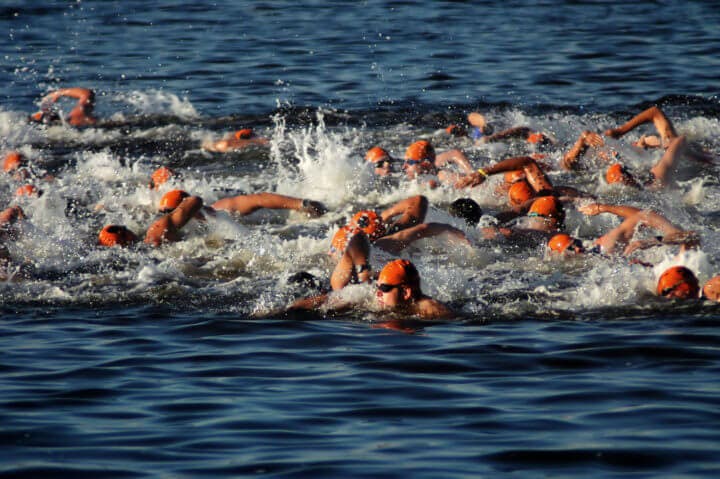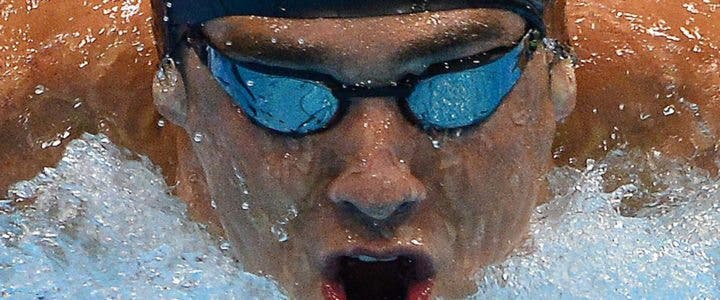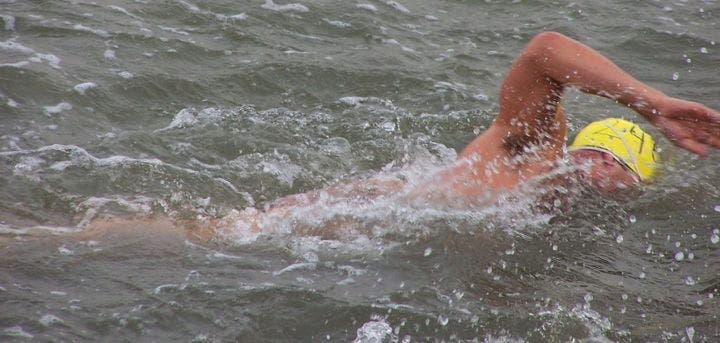The swim race is the most chaotic part of the triathlon, as competitors collide with each other when positions are disputed.
There are several possible reasons why the swimming portion of triathlons is the most dangerous. For example, being unconscious in deep water can be fatal, even for just a few seconds. Also, soaking in cold water is one of the recognized triggers for sudden death.
Death is often due to fatal arrhythmias mediated by adrenaline surges, such as immersion in cold water. Many deaths are believed to be secondary to a phenomenon called Swimming Induced Pulmonary Edema , which is well known in swimmers and divers and is caused by elevated pressures in the lungs as a direct result of body reflexes secondary to cold water.
The exact mechanism is not fully understood, but is believed to be a combination of blood vessel constriction and blood pooling.
The dangers of running a triathlon
Triathlon is an ultra endurance event that tests the limits of human tenacity. The overwhelming demands placed on the body in all three disciplines are often the main draw for the sport. Unfortunately, the reported cases of sudden death in triathlon have raised concerns about the safety of this event.
Despite this, there remains a lack of information on the prevalence and causes of triathlon deaths. More importantly, there are unanswered questions about whether and how triathletes should undergo a cardiac exam prior to participation.

Factors related to mortality in triathlons
Data from two large American registries obtained post-mortem reports from coroners. Overall there were 14 deaths during this period corresponding to 1.5 in 100,000 participants. Most of the deaths occurred in men (80 percent) and middle-aged runners (median age 44).
All of the deaths occurred during the swim leg of the race, in addition to one bicycle death, which occurred as a result of neck injuries after a fall. Only nine of the 14 deaths had post-mortem data.
Several important conclusions were made. First, the death rate does not appear to be related to factors of race, length of race, type of swimming location, and method of swimming initiation (eg, mass, swell, or time trial).
Second, the victims appear to have included athletes from a wide range of triathlon experiences and the deaths were not limited to inexperienced triathletes. Among the main recommendations presented to athletes was “visit your doctor for a physical exam with an emphasis on heart health before participating”

Should triathlon athlete screening be done?
The final question is whether triathletes should undergo cardiac screening prior to participation. Detection is a novel concept in triathlons and marathons, which attract large numbers of participants of different ages and backgrounds. However, in competitive professional sports, screening is now commonplace and even mandatory in some countries. It is endorsed by various professional sports bodies such as FIFA and the International Olympic Committee.
Most of the documented causes of death in triathletes are treatable and can be easily detected by simple tests, such as a cardiac tracing (electrocardiogram) and a cardiac ultrasound (echocardiogram).

Conclusion
Athletes, including of course triathletes, are advised to visit their physician for a physical examination with an emphasis on heart health before participating.
Death is often due to fatal arrhythmias mediated by adrenaline surges, such as immersion in cold water. Many deaths are believed to be secondary to a phenomenon called Pulmonary Edema, and most of them in athletes are treatable and detectable.
Don’t let this discourage you from swimming in open water. Although if there is the possibility of a strike, the percentage is low. Just keep in mind to visit your doctor before taking on a demanding test of this type.
- Meyer, N. Know Your Risk of Cardiac Arrest During Open Water Swimming. For Trainingpeaks (Revised February 218).
